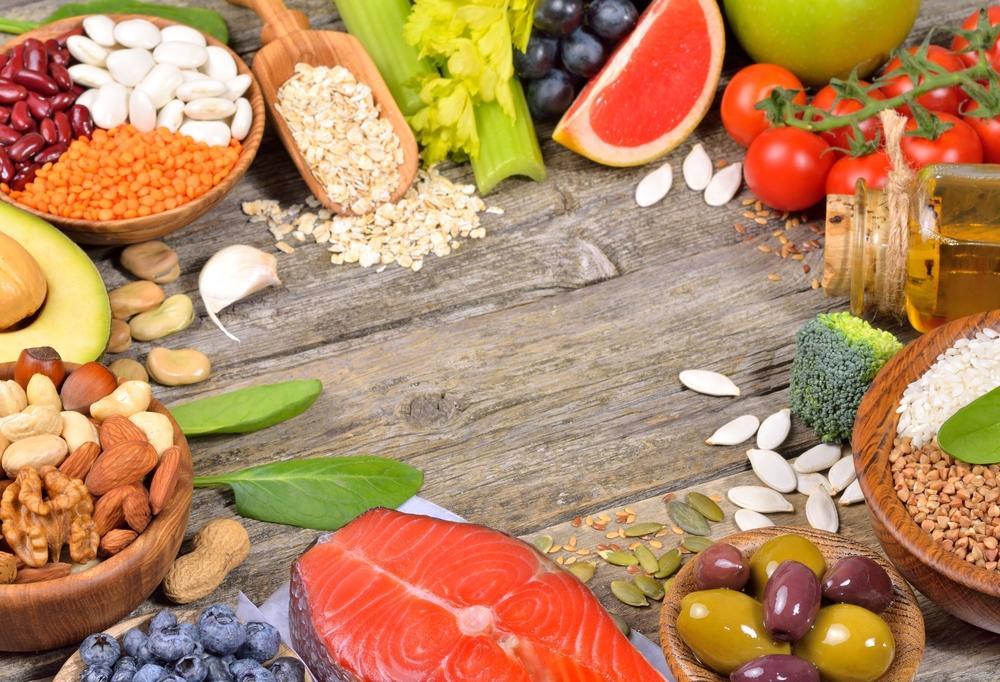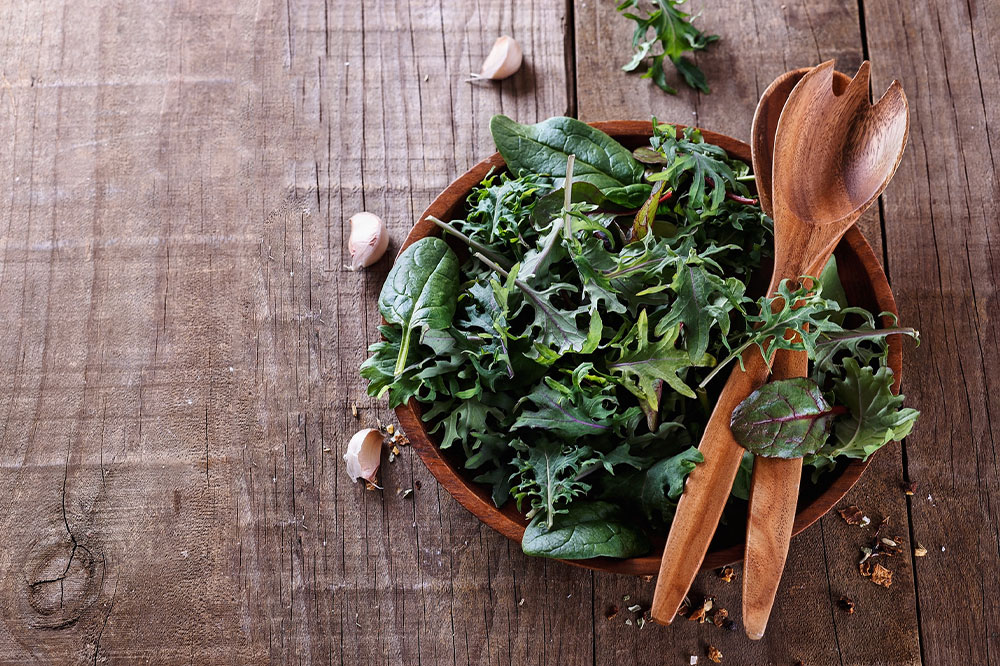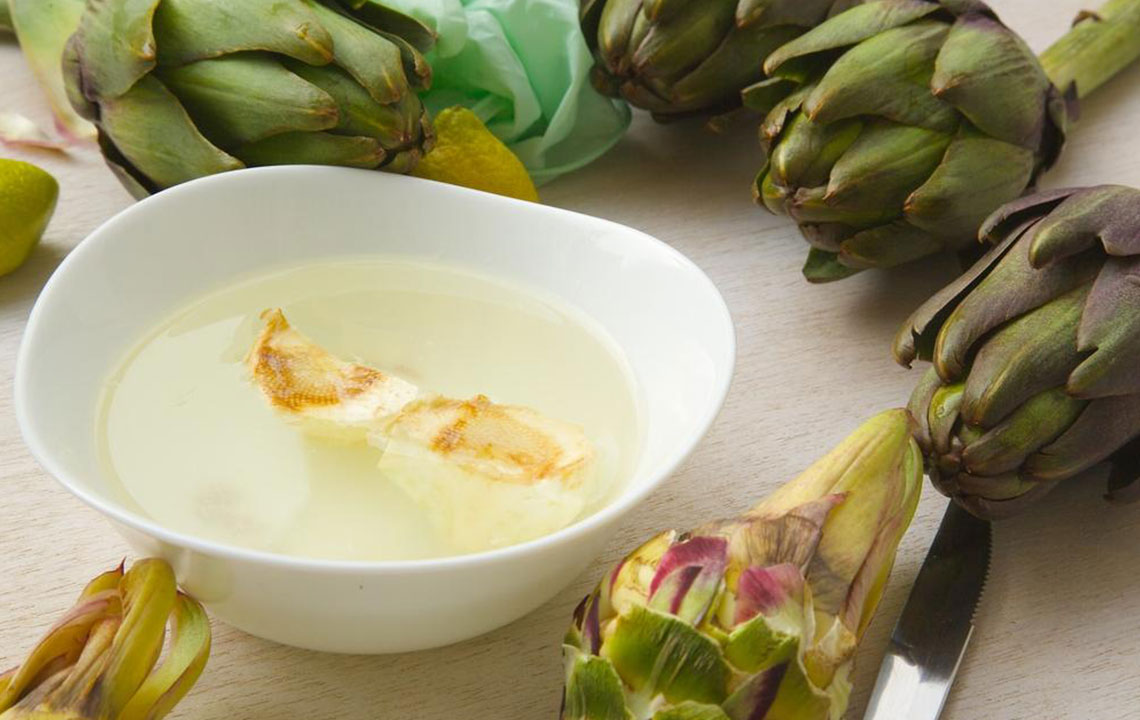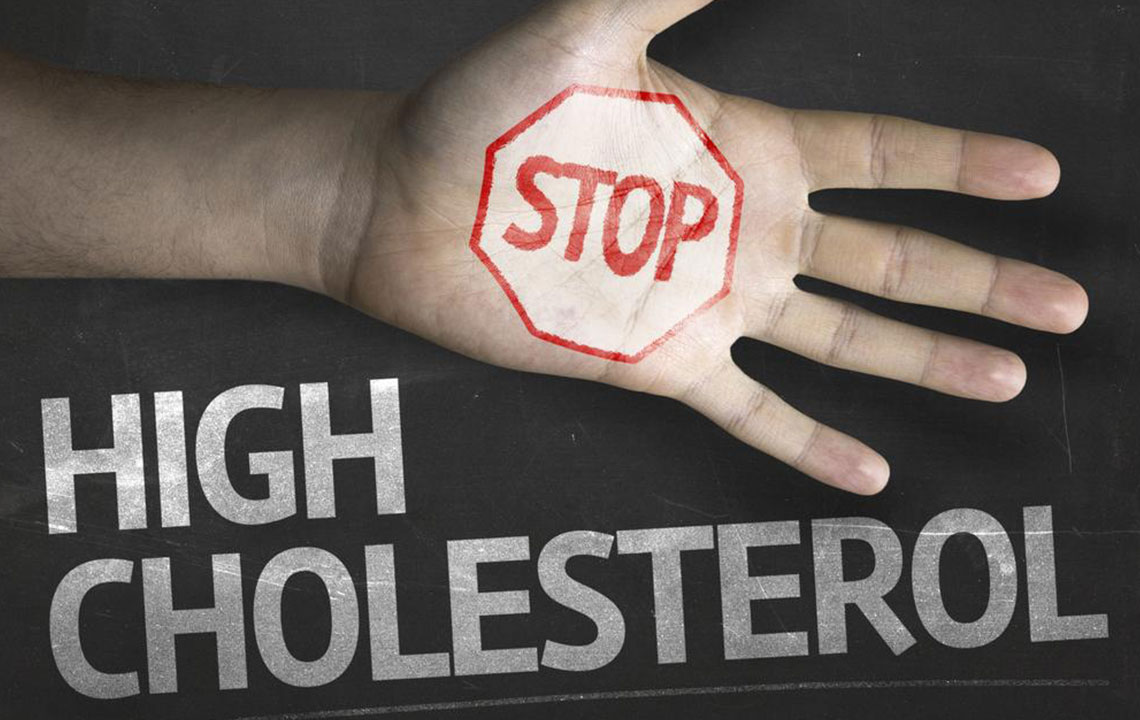Effective Dietary and Medical Approaches to Managing Cholesterol Levels
This article provides an in-depth overview of effective strategies for controlling cholesterol through dietary adjustments, lifestyle changes, and medication options. It emphasizes the importance of consuming fiber-rich fruits, vegetables, whole grains, and healthy fats, alongside medical therapies like statins and other cholesterol-lowering drugs. Proper management of cholesterol levels is crucial for preventing heart disease and maintaining cardiovascular health. Learn practical tips and medical options to optimize your heart health and reduce risks associated with high cholesterol.
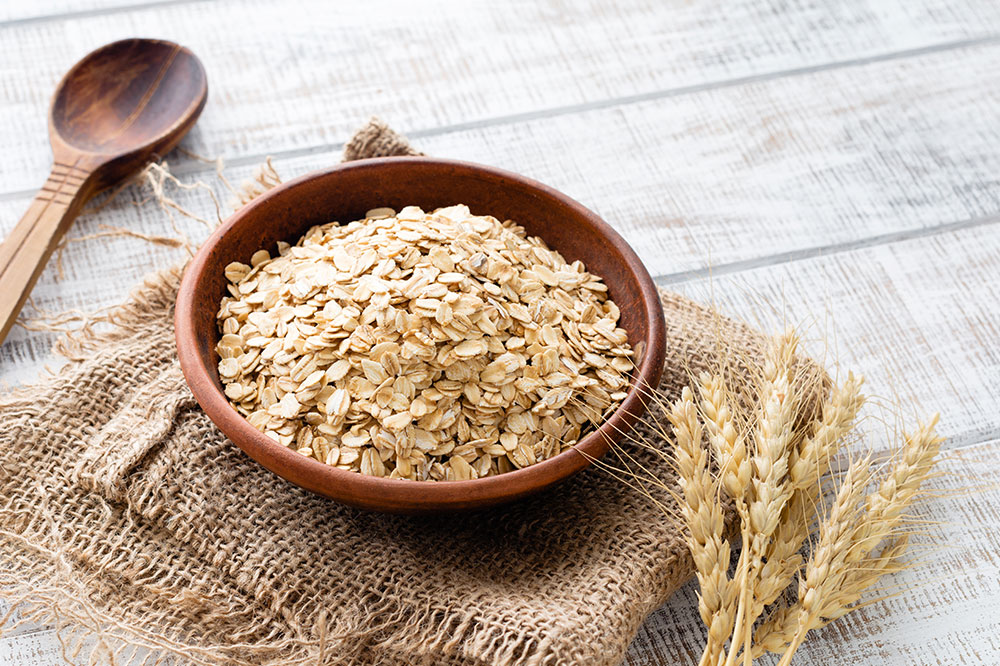
Comprehensive Strategies for Cholesterol Control Through Diet and Medication
Cholesterol management is essential for maintaining cardiovascular health and preventing heart disease. Blood cholesterol mainly comprises two types: high-density lipoprotein (HDL), known as "good" cholesterol, and low-density lipoprotein (LDL), dubbed "bad" cholesterol. An imbalance, especially elevated LDL levels, significantly increases the risk of atherosclerosis, heart attacks, and strokes. Therefore, adopting a combination of dietary adjustments, lifestyle changes, and, if necessary, medication can effectively help regulate cholesterol levels and promote overall heart health.
Incorporating Fruits and Vegetables
A diet rich in fruits and vegetables plays a vital role in cholesterol management. Eggplants and lentils are excellent sources of dietary fiber, which aids digestion and helps eliminate excess cholesterol from the bloodstream. Okra, on the other hand, contains a unique mucilaginous gel that binds with fats, promoting their efficient breakdown and removal during digestion. Additionally, fresh produce like apples, strawberries, grapes, and citrus fruits are high in pectin—a soluble fiber that effectively lowers LDL cholesterol levels, contributing to better heart health.
Avocados are a rich source of monounsaturated fats that can significantly reduce LDL cholesterol while boosting HDL levels. Regularly adding raw garlic to your meals can support cholesterol regulation due to its natural allicin content. Consuming fruits such as apples, strawberries, grapes, and citrus not only satisfies sweet cravings but also provides pectin, which helps lower low-density lipoprotein (LDL) cholesterol, thus promoting cardiovascular health.
Whole Grains, Oats, and NutsIncorporating whole grains like oats, barley, and other high-fiber cereals into your diet offers a potent way to lower bad cholesterol. Oats are particularly rich in soluble fibers that bind to cholesterol molecules and facilitate their removal. Barley contains beta-glucans, which form a gel-like substance in the digestive tract, trapping fats and bile salts, and enhancing digestion efficiency.
Nuts such as almonds, walnuts, and flaxseeds are nutrient-dense and packed with omega-3 fatty acids, fibers, and antioxidants. These components synergistically work to reduce LDL cholesterol levels and support healthy cardiovascular functions. Their anti-inflammatory properties also reduce the risk of atherosclerosis, making nuts an integral part of a cholesterol-friendly diet.
Additional Heart-Healthy Foods
Soy-based products like soy milk, tofu, and soy yogurt are rich in plant sterols that help block cholesterol absorption in the intestines. Fatty fish including salmon, tuna, mackerel, and sardines offer high levels of omega-3 polyunsaturated fats, which have been scientifically shown to have anti-inflammatory effects, lower triglycerides, and improve overall heart health. Replacing processed cooking oils with extra virgin olive oil, which contains monounsaturated fats, can further improve the lipid profile and reduce LDL cholesterol.
Medications for Cholesterol Management
Livalo
Livalo (pitavastatin) is a modern statin medication that works by inhibiting cholesterol synthesis in the liver. Available in various dosages, it effectively decreases LDL cholesterol and triglycerides while increasing HDL levels. Patients often use Livalo along with lifestyle modifications to optimize heart health. It is also accessible at discounted rates through Livalo Cholesterol Savings Coupons Rx, making it an affordable option for many.
Zetia
Zetia (ezetimibe) works differently by blocking the intestinal absorption of cholesterol, making it an effective complementary therapy when combined with dietary changes and other medications. It is often prescribed to patients with statin intolerance or those needing additional cholesterol reduction.
Repatha
Repatha (evolocumab) involves injectable monoclonal antibodies that help reduce LDL cholesterol levels significantly. This innovative therapy is particularly useful for patients with familial hypercholesterolemia or those who do not achieve target cholesterol levels with oral medications. Repatha injections promote LDL clearance, thereby enhancing overall blood lipid profiles and reducing cardiovascular risk.
In conclusion, managing cholesterol effectively requires a comprehensive approach combining nutritious diet choices, lifestyle modifications, and appropriate medical interventions. By integrating these strategies, individuals can achieve healthier cholesterol levels and significantly reduce their risk of cardiovascular diseases, leading to a longer and healthier life. Regular monitoring and consultation with healthcare professionals are essential to tailor these approaches to individual health needs and ensure optimal results.
